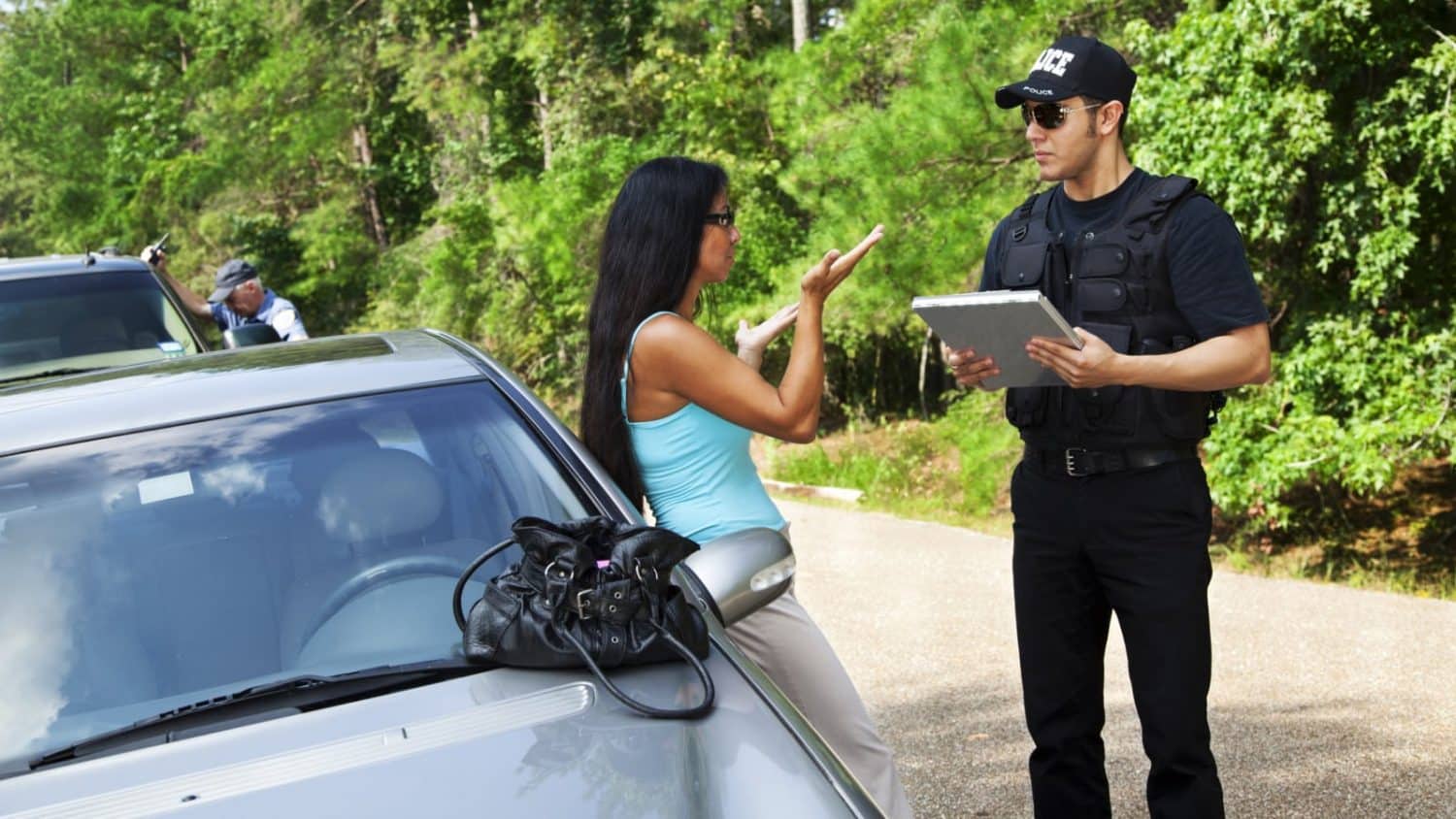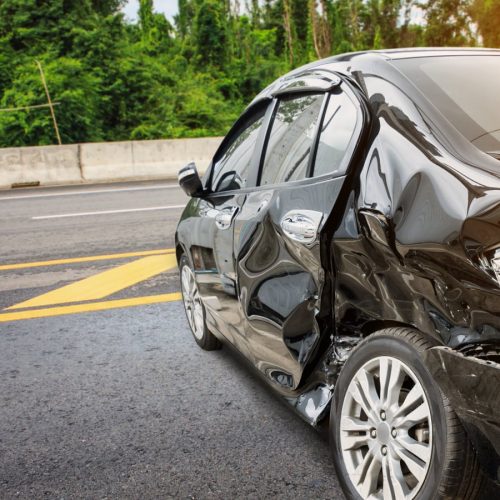
If you are involved in a car accident, even a minor one, it is important to file a police report. In cases where you are seeking compensation for damages or medical expenses, a police report can help strengthen your personal injury case.
Read on to learn about the reasons why a police report is essential if you’ve been in a collision.
How Police Reports Can Support Your Case
Police reports can be very helpful when negotiating a personal injury settlement. Before making a claim, you should gather any documents that will bolster your case. These documents may include medical records, a draft of a demand letter, any police reports and other useful records that are relevant to your case.
Your demand letter will outline the details and facts regarding what happened in the car accident, what sort of injuries you sustained and how much compensation is fair to cover the costs of those injuries. In conjunction with this information, a police report can be used as a valuable settlement tool. For example, if the official police report states that the other driver was at fault, you may be able to obtain an adequate settlement for your personal injury case.
Additionally, police reports can provide important information about what took place at the scene of the accident. Details such as the date and time of the collision, the weather, names, and statements from witnesses and other pertinent information will all be part of the report. If you need to take your case to court, you can call upon the named witnesses in the report to testify about their own observations.
Why Police Reports Cannot Be Used in Court
Unfortunately, police reports are considered inadmissible in court. They cannot be used as proof that the other driver is responsible for your injuries. This is because police reports are technically considered to be “hearsay.”
Hearsay refers to statements made outside of the courtroom that is offered as an assertion of proof of a matter’s truth. In other words, “hearsay” is considered an unsworn statement, a statement made outside of the court or one made by a person who doesn’t have any direct knowledge of the car accident.
So, let’s say Greg is asked to testify in court. Greg says that Andrea said that Matt rear-ended Nick. This would be considered hearsay because Greg doesn’t have direct knowledge of the accident. He’s only making a statement based on what someone else told him. However, if Greg states that he saw Matt rear-ended Nick, this is not hearsay. It implies that he directly witnessed the car accident.
In a similar sense, police reports are considered hearsay because the officer didn’t actually witness the crash. The officer is only reporting his or her opinion of the incident based on statements and other evidence. Plus, these statements are all made out of court and cannot be cross-examined.
Hire an Attorney for Your Personal Injury Case
If you’ve been involved in a car accident, one of the first things you should do is contact our team. They can make sure you have all of the information and documentation necessary to support your case.
Please contact us at 207-775-3819 or fill out our free case review form so we can help you receive the necessary compensation to move on with your life. We look forward to working with you.






